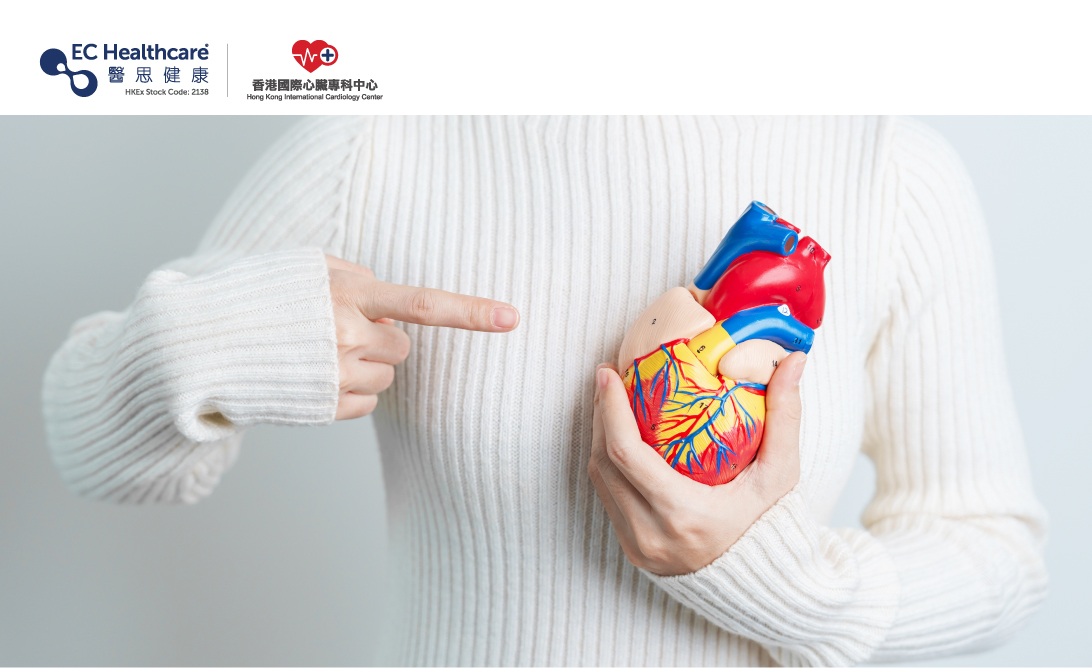Don't Let Iron Deficiency Lead to Anaemia and Heart Failure: 7 Signs You Shouldn’t Ignore


Many people know that iron deficiency can lead to anaemia, but some nutritionists pointed out that it can also lead to heart failure, which can be life-threatening! What is the relationship between iron and the heart? And what are the symptoms of iron deficiency?

The relationship between iron and the heart
Iron is a nutrient in the blood that helps transport oxygen to organs. If iron deficiency leads to low oxygen levels and hence anaemia, the heart needs to work harder to pump oxygen. Over time, this can overwork the heart, causing fatigue and enlargement of the heart. In severe cases, it can lead to heart failure and threaten one’s life.
Foreign studies have also shown that iron-deficient individuals are about 20% more likely to develop coronary heart disease compared to those without iron deficiency. By increasing the iron levels in the body, the risk of cardiovascular disease can be effectively reduced by 10%.
7 symptoms of iron deficiency
When there is insufficient iron in the body to produce haemoglobin, the red blood cell count decreases, leading to the following symptoms:
- Fatigue
- Pale complexion
- Shortness of breath after walking a short distance
- Palpitations
- Headache
- Cold hands and feet
- Hair loss
To prevent the dangers of iron deficiency, we should eat more foods rich in iron to reduce the risk of heart disease. We can eat more beef, pork, lamb, shrimp, oysters, eggs, dark green vegetables, dried fruits, legumes, and peas. Meat and seafood contain heme iron, which is more easily absorbed by the human body and is the preferred source of iron.
If you are a vegetarian, you need to pay more attention to supplementing iron and increasing the absorption of non-heme iron in plant-based foods. In addition to eating dark green vegetables, you should also consume foods rich in vitamin C, such as oranges, grapefruits, kiwis, tomatoes, and broccoli. If you still experience symptoms of iron deficiency after a period of time, seek help from a specialist as soon as possible.
Related Brands










